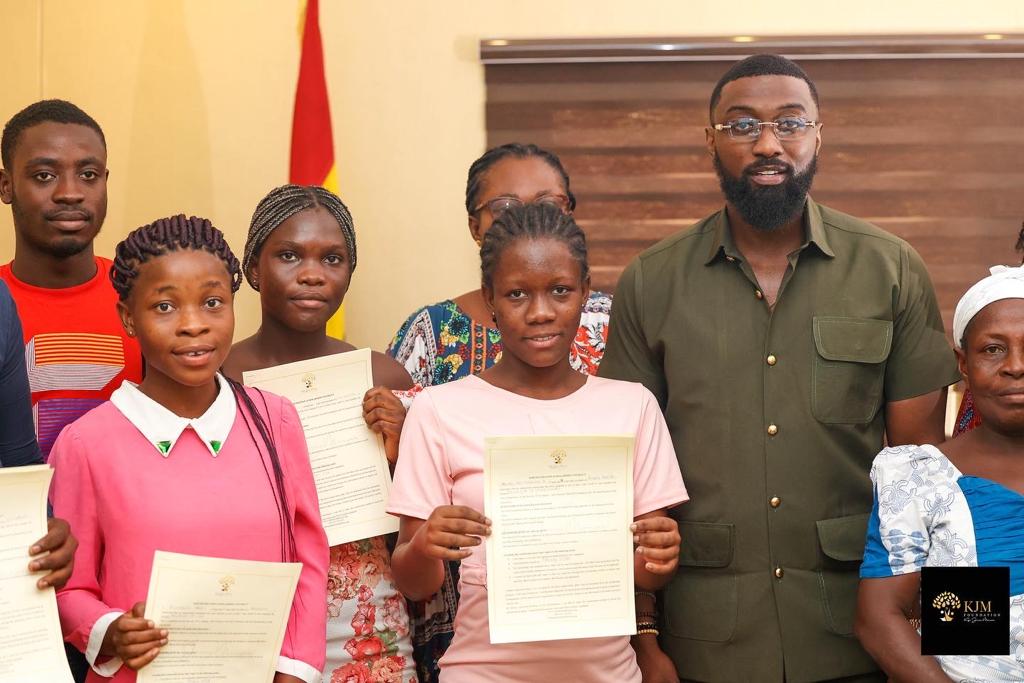EDUCATION PROJECT OUTCOMES
Our educational supplies project mainly goes to address SDG 4 – Quality education and SDG 10 – Reduced inequalities.
Increase student interest in studies because they would have the right materials that make studies easier and more meaningful.
Promote reading culture among young people. The donation of reading materials and storybooks will enable students to have a wider perspective of the world around them and enable them to compete with their counterparts in the urban areas, in the African continent and beyond.
Increase student retention due to effective ways of storing information. Some schools lack exercise books that would enable students to take notes and refer to or revise later, They instead use portable blackboards that can be erased to make way for the recording of new information, which is ineffective in retaining information and improving academic performance. Thus, the provision of educational supplies such as notebooks and writing materials would help curtail this problem.
Improvement in academic performance. Some pupils/students do not have textbooks for the various courses. These children would be required to take the same Basic Education Certificate Examination (BECE) that all other schools would be engaging in, including well-equipped schools. BECE is needed for entry into high school. The lack of textbooks means the inability to cover the academic curriculum and this means few chances of passing their exams and making it into a high-grade school.



